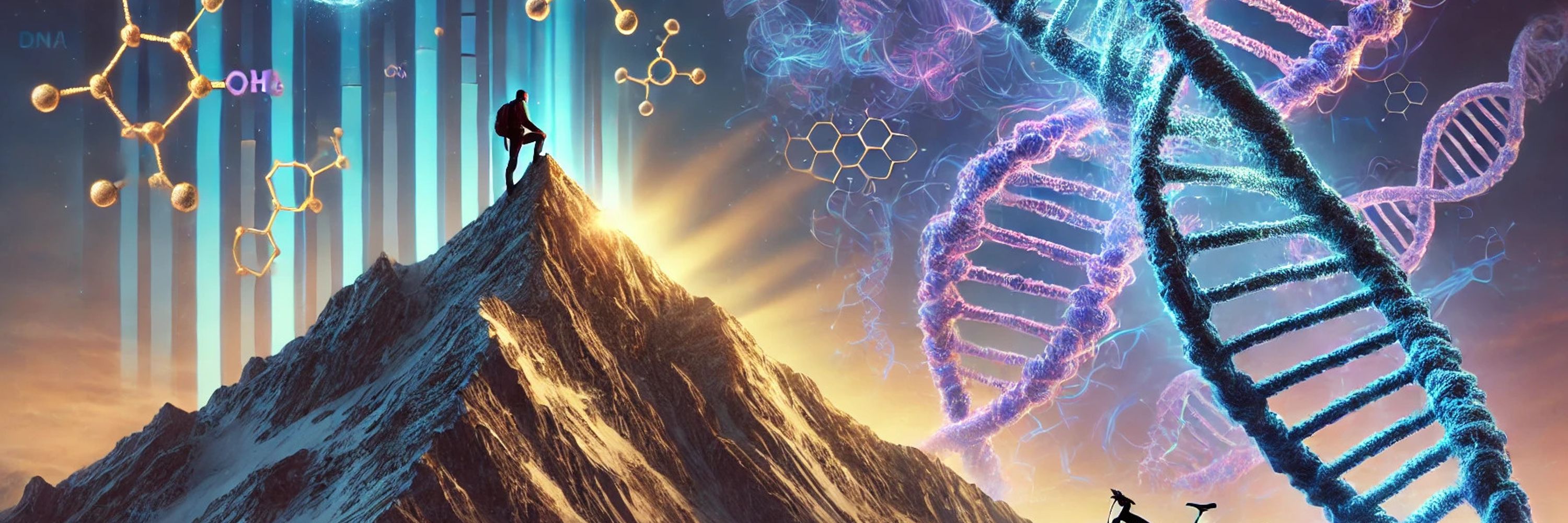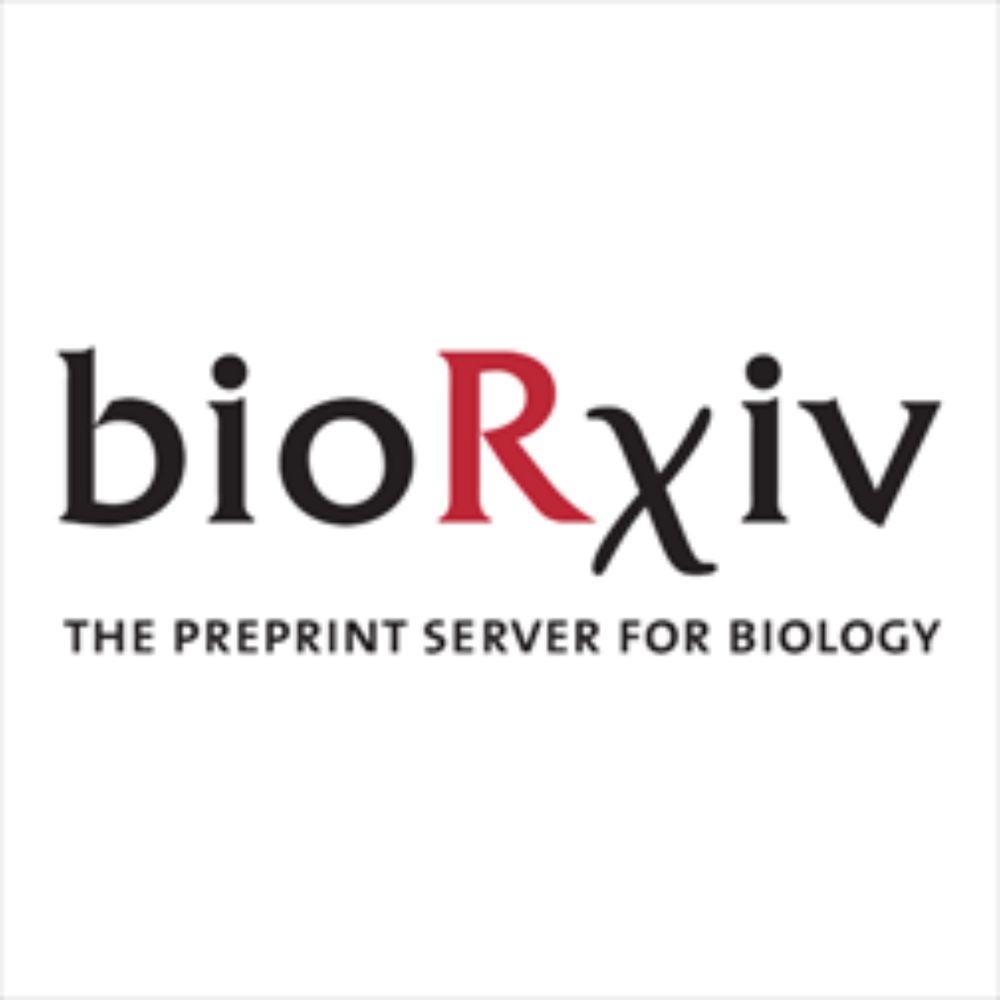Marc Bühler
@marcbuhler.bsky.social
410 followers
300 following
10 posts
Research Group Leader at FMI, Switzerland | Expert in Gene Expression | Cycling Enthusiast & Rock Climber
Find me on X as @MarcBhler4 or instagram.com/maggi.buehler
Posts
Media
Videos
Starter Packs
Marc Bühler
@marcbuhler.bsky.social
· Jul 6
Marc Bühler
@marcbuhler.bsky.social
· Jul 6
Marc Bühler
@marcbuhler.bsky.social
· Jul 6
Marc Bühler
@marcbuhler.bsky.social
· Jul 6
Marc Bühler
@marcbuhler.bsky.social
· Jul 6
Remodeling Activity of ChAHP Restricts Transcription Factor Access to Chromatin
Transcription in eukaryotes is regulated by chromatin-based mechanisms that control nucleosome occupancy, chromatin modifications, and transcription factor binding. We have previously shown that the transcription factor ADNP forms the ChAHP complex with the chromatin remodeler CHD4 and HP1 proteins, acting as a site-specific regulator of transcription and antagonist of CTCF binding. However, the molecular basis of these functions remained unclear. Here, we demonstrate that the CHD4 subunit is essential to antagonize CTCF and silence transcription of transposons, while HP1 proteins are dispensable. Although the remodeling activity of CHD4 is not required for ChAHP chromatin association, it is critical for both transposon repression and CTCF antagonism. Our findings support a model wherein ADNP recruits chromatin remodeling activity in a sequence-specific manner, enabling transcriptional control and local modulation of chromatin architecture. ### Competing Interest Statement The Friedrich Miescher Institute for Biomedical Research (FMI) receives significant financial contributions from the Novartis Research Foundation. Published research reagents from the FMI are shared with the academic community under a Material Transfer Agreement (MTA) having terms and conditions corresponding to those of the UBMTA (Uniform Biological Material Transfer Agreement). Novartis Research Foundation, n.a. Swiss National Science Foundation, grant 310030_188835
www.biorxiv.org
Marc Bühler
@marcbuhler.bsky.social
· Jul 3
Reposted by Marc Bühler
Merle Skribbe
@merleskribbe.bsky.social
· Feb 26
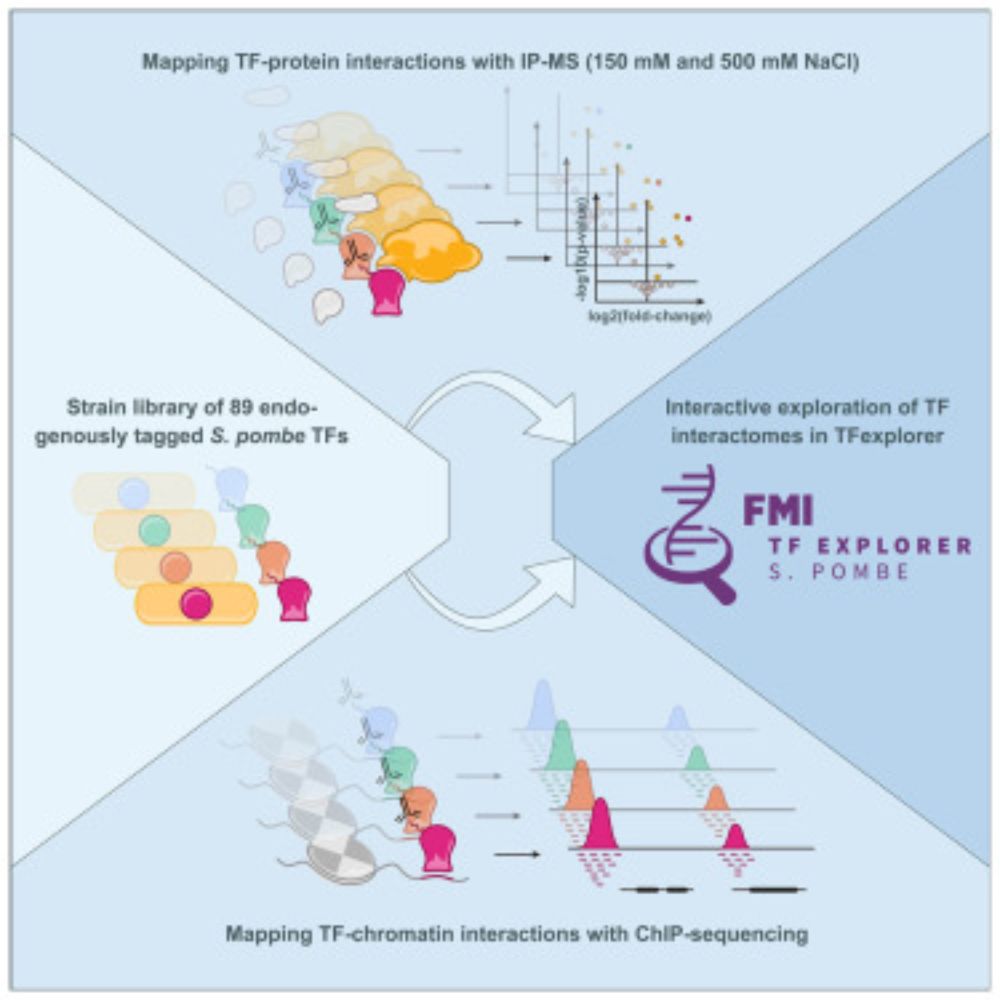
A comprehensive Schizosaccharomyces pombe atlas of physical transcription factor interactions with proteins and chromatin
Transcription factors (TFs) are key regulators of gene expression, yet many of their targets and modes of action remain unknown. In Schizosaccharomyce…
www.sciencedirect.com
Marc Bühler
@marcbuhler.bsky.social
· Feb 27
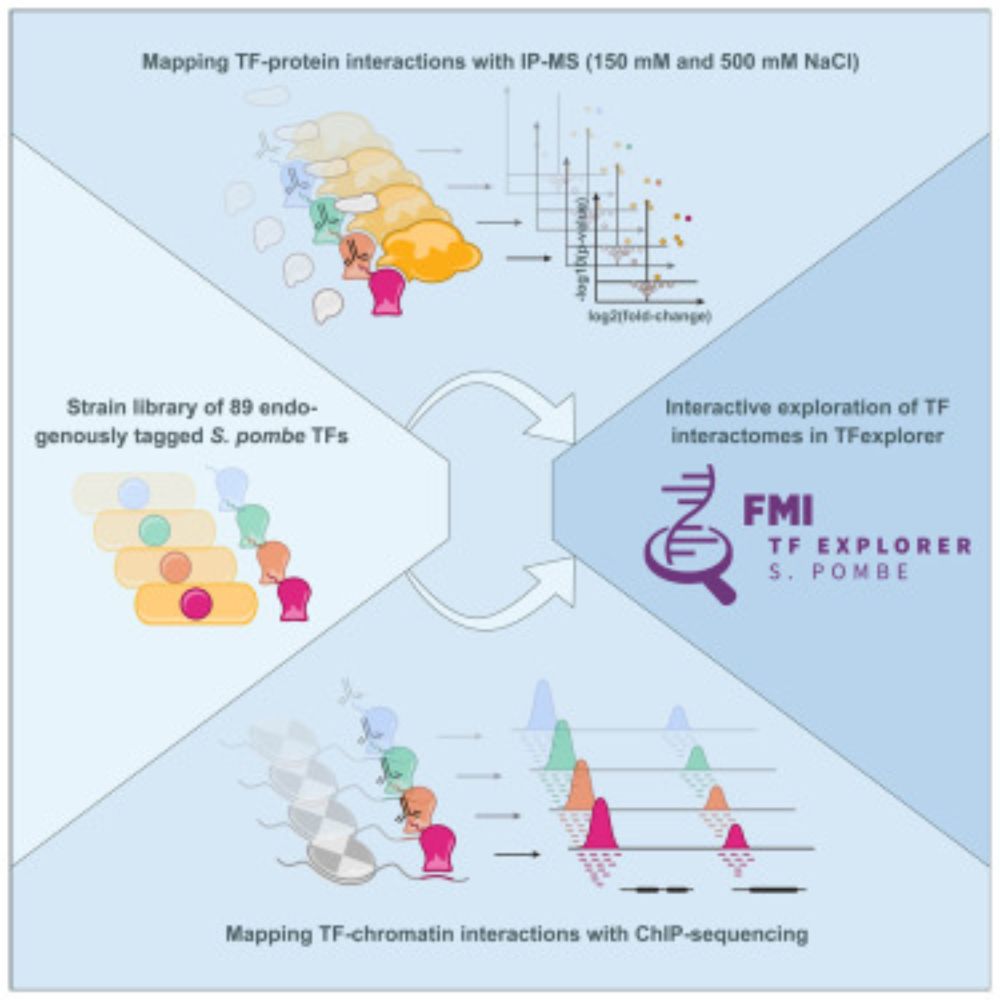
A comprehensive Schizosaccharomyces pombe atlas of physical transcription factor interactions with proteins and chromatin
Transcription factors (TFs) are key regulators of gene expression, yet many of their targets and modes of action remain unknown. In Schizosaccharomyce…
www.sciencedirect.com
Reposted by Marc Bühler
Reposted by Marc Bühler
Marc Bühler
@marcbuhler.bsky.social
· Nov 25
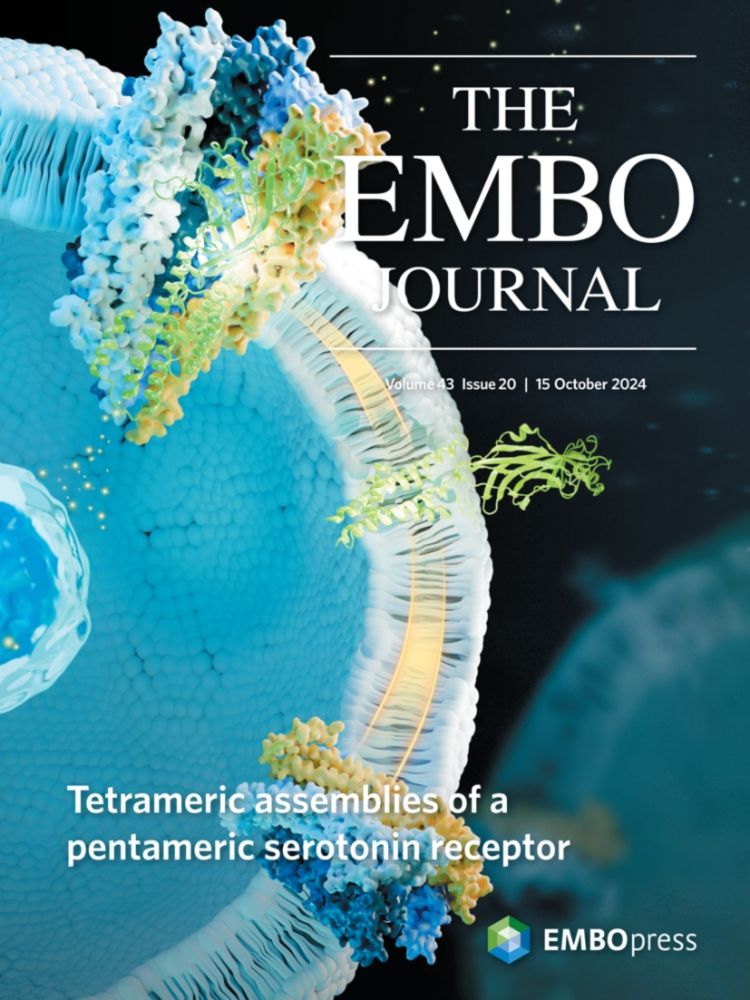
Nitrogen signaling factor triggers a respiration-like gene expression program in fission yeast | The EMBO Journal
imageimageChemical cell-to-cell communication in the fission yeast Schizosaccharomyces pombe is essential for adaption to environmental changes in nutrient availability. This
study uncovers that the e...
www.embopress.org
